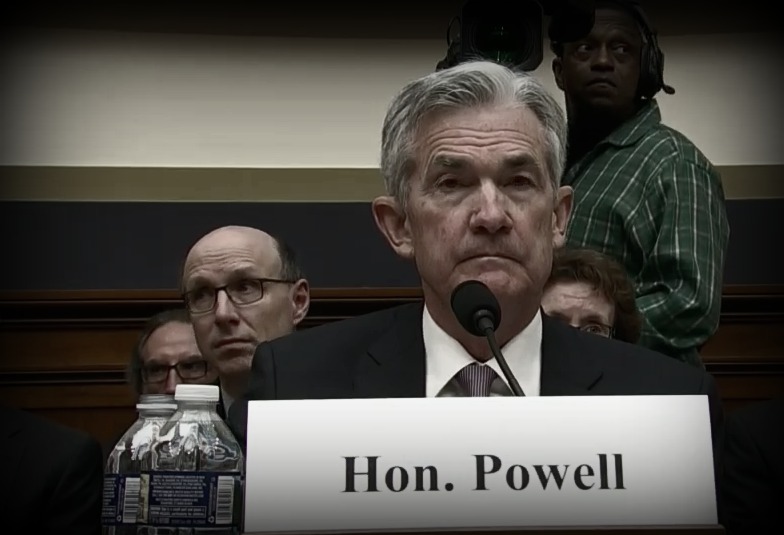The newly-confirmed head of the Federal Reserve said that the central bank is exploring how increasingly popular passive investment vehicles are impacting financial stability.
Jerome Powell, appearing before Congress for the first time on Tuesday, said he didn’t believe Exchange Traded Funds (ETFs) were responsible for recent stock market volatility, but claimed the Fed is keeping its eyes open.
“I don’t think they were particularly at the heart of what went on in those days,” Powell said.
“It’s a question we’re looking into,” he added.
The Fed chair was referring to wild stock market swings in the past week. The Dow Jones Industrial Average peaked at over 26,600 in late January before falling more than 2,000 points over the next few days and dropping to a low of 23,860 on Feb. 8.
The index has since recovered somewhat and was above 25,600 points on Tuesday afternoon.
“It seems the markets were generally orderly through all of that time,” Powell said, referring to the ups-and-downs.
Powell had made the remarks in response to a question about ETFs from Rep. Stephen Lynch (D-Mass.), during a hearing before the House Financial Services Committee. The lawmaker had referenced a Wall Street Journal article from earlier this month on how they may have helped stock prices across industries rise and fall “in tandem.”
ETFs are like mutual funds–pools of capital invested in a range of assets. Unlike mutual funds, shares in ETFs can be bought and sold like stocks, through brokers, and many are pegged to stock market indices.
The amount of money in ETFs has gone up to $5 trillion this year from $1 trillion in 2009, the year after the last financial crisis. In the first year of the Trump administration alone, investors put an additional $1 trillion in ETFs.
In 2015, the Financial Stability Oversight Council said ETFs have the potential to exacerbate banking panics, warning they “may raise distinct liquidity and redemption risks, particularly during periods of market stress.”








